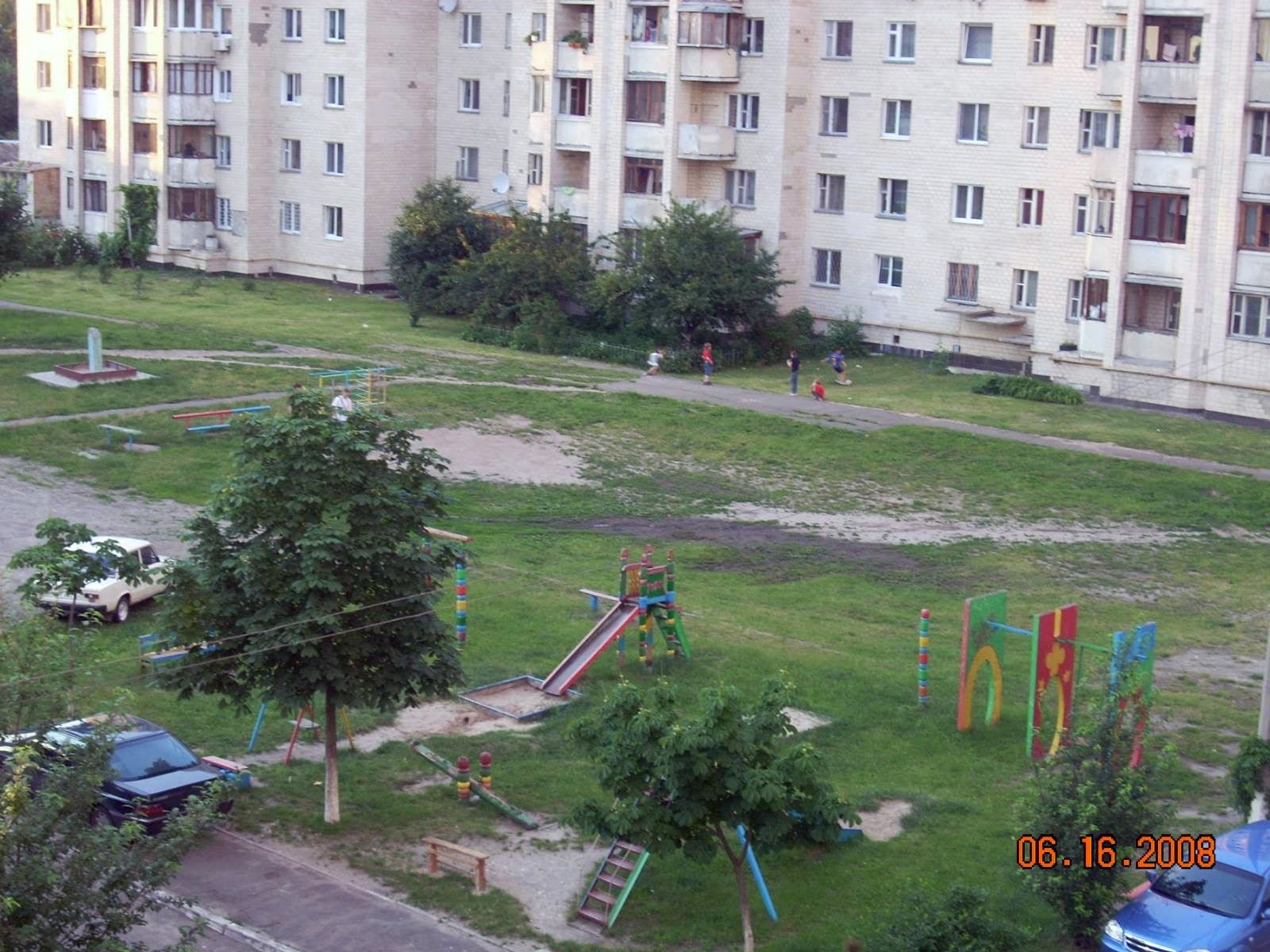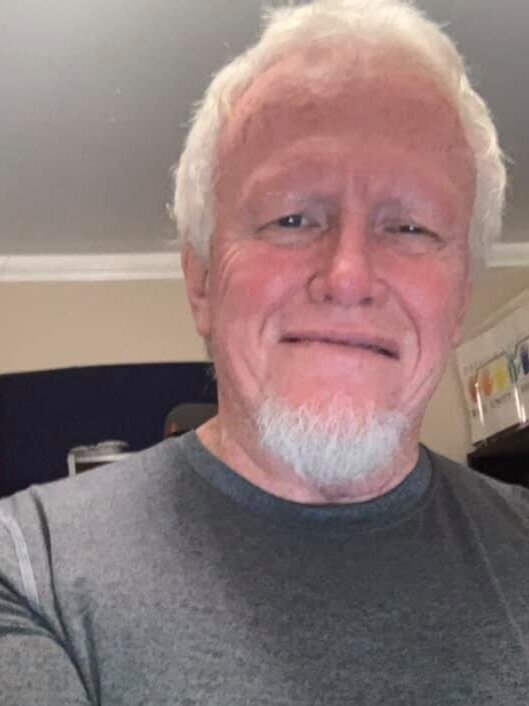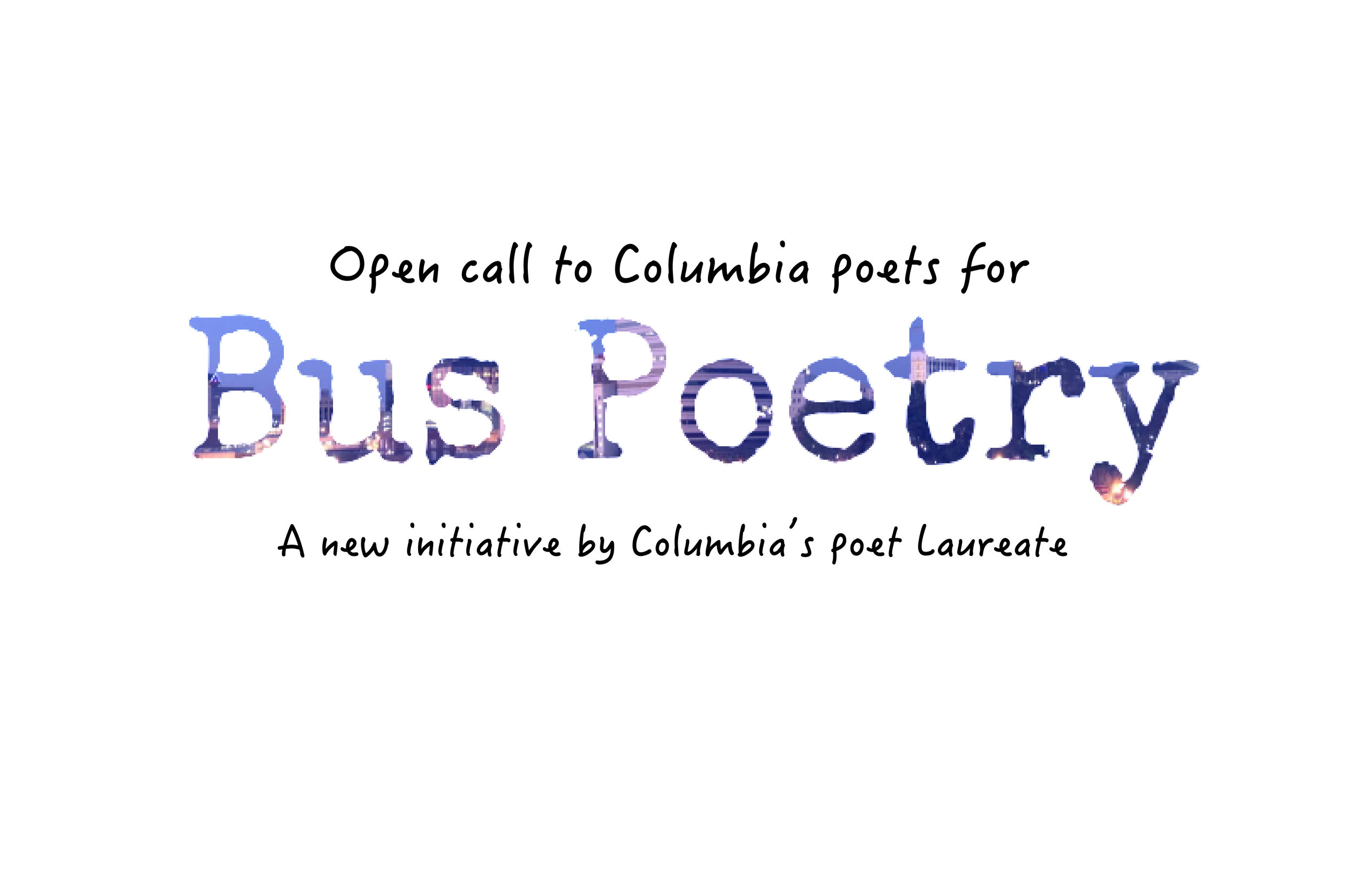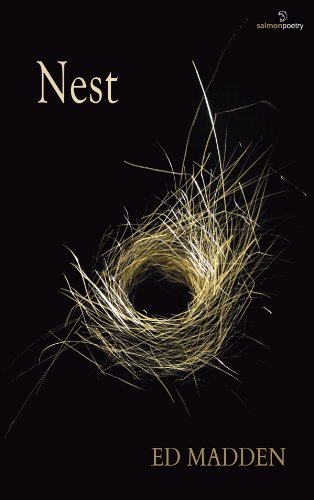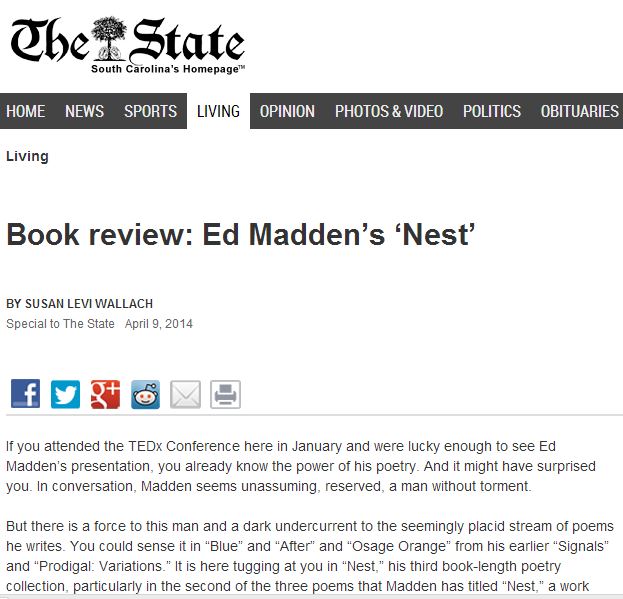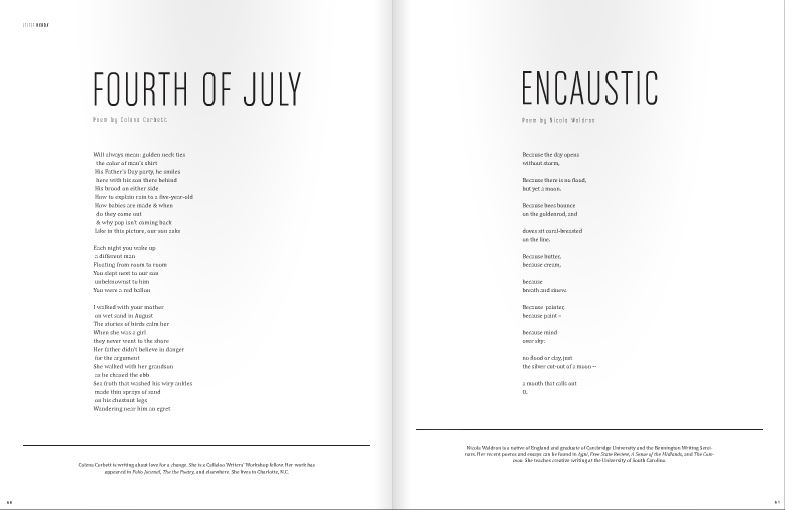This week's Poet of the People is Marjory Wentworth. Marjory Wentworth was and is poetry in South Carolina. She inspired us to become more than we had been and even though she has relocated to Ohio she continues to return and uplift South Carolina poets. Her influence will resonate through the poetry of South Carolina for decades beyond our living.
Talking with Marjory on the phone is a gift of light.
-Al Black
MARJORY WENTWORTH is the New York Times bestselling author of Out of Wonder, Poems Celebrating Poets (with Kwame Alexander and Chris Colderley). Her books of poetry include Noticing Eden, Despite Gravity, The Endless Repetition of an Ordinary Miracle and New and Selected Poems. Her poems have been nominated for The Pushcart Prize 7 times. She is also the co-writer of We Are Charleston, Tragedy and Triumph at Mother Emanuel, with Herb Frazier and Dr. Bernard Powers and Taking a Stand, The Evolution of Human Rights, with Juan E. Mendez. She is co-editor with Kwame Dawes of Seeking, Poetry and Prose inspired by the Art of Jonathan Green, and the author of the prizewinning children’s story Shackles. She served as the poet laureate of South Carolina from 2003-2020, and in 2021 she received The SC Governor’s Award for the Arts. Her archives are held at the James B. Duke Library at Furman University. Wentworth teaches at Wright State University. She was named a Black Earth Institute Fellow for 2022-25. For further information see marjorytwentworth.com.
The Architecture of Containment
Enslaved Quarters Part 1
In the small square bedroom
Above the kitchen, heat rising
From the stove in waves so heavy
It was almost visible. A family
trying to sleep here, would lie still
As long as possible, tossing
And turning beneath moonlight, pouring
Through the only open window.
Sometimes a breeze
Carrying the scent of the sea
Rippled through the thick air
As if it could change everything
But the window turned in
On itself, on them and their entire world
The city beyond the high walls
Was as far away as the moon itself
Even the horses, snorting
In the stables
Across the courtyard
Could sometimes see beyond these walls
Flocks of seagulls would often
Find their way here
Strutting across rooftops
Then rising through the line
Of magnolias
High above the walls
some would hover, almost still
Suspended in the air like hope
For The Poetics of Witness program, the Gibbes Museum of Art, Sep. 20, 2023
1937
I never imagined my grandmother at rest,
until I saw the Dorothea Lange photograph
of a sharecropper wife and mother of seven
children near Chesenee, South Carolina;
because this woman is so relaxed,
as if her endless work is done.
Sitting on a chair – one arm stretched across
her swollen belly, the other hand
holding her chin; deep in thought,
her eyes are focused on something outside
the frame, dreaming into the distance,
she looks as if she can see beyond
the cotton fields and the small town
where she was born,
before the babies came one after the other,
before the lean years, when the store
still had barrels full of flour,
oats, and rows of sugary canned fruit
lining the dusty shelves.
After the war to end all wars,
she was young, and life was sweet,
the way it must have seemed
to my grandmother, before giving
birth to eight children on the kitchen table
in the gabled house on a bog road
across the stand of apple trees
in West Bethel, Maine, where snowdrifts
reached the roof most winters
and mud clogged the roads each spring.
In Hebrew, Bethel means house of God.
Sometimes, she must have wondered
where God was in that house west of Bethel,
those grueling years of war and rationing,
when the babies came one after the other.
My mother, number 5, was the fattest.
After three boys in a row, she was adored –
the only one to find a tangerine in the toe
of her Christmas stocking, beneath peppermints
and a pair of red mittens knit by her mother.
She had never seen a tangerine,
and did not know how to eat it. At first,
she thought it was a ball that she could roll
across the floor and watch the black barn cat
try to catch it. This story was her easy way
of explaining how poor they were,
and how my grandmother could make a holiday
out of almost nothing. Like the mother
in the photograph in Chesnee, South Carolina,
who sat down at the end of the long day,
watched the sun setting over the peach trees,
this woman who believed that the pink light
spreading across the tops of the flowering
branches was shining just for her.
Inspired by the exhibition The Bitter Years: Dorthea Lange and Walter Evans Photography from the Martin Z Marguiles/”Sharecropper wife and mother of seven children, Near Chesnee, South Carolina” photographer Dorthea Lange
Flight
Clouds disassembling
Breathless in sunlight
Solid as the afternoon
I am not a part of
That is the place
I am looking for
The earth’s magnet
Of troubles, spinning
As far away
As I am travelling
Nothing is Abandoned
Lined with miles of tangled vines,
coconut palms and bananas
growing thick and green,
the dirt road to the market
climbs through clumps of tangerine
bougainvillea and trees
laden with lemons and limes,
passing pink painted box homes
where bright laundry is always
drying outside on the line,
and roosters pecking at the earth
announce the day triumphant.
The road is the color
of the sun rising over the sea.
There is smoke on the wind
and prayers playing on the radio,
as the road fills with people
walking in the same direction.
Everyone carries something:
buckets of picked peanuts,
a small child on her mother’s back,
bags filled with mangoes, sugar cane
stacked on a tray. An endless
array of items passes by, from loaves
of bread to used batteries;
nothing goes to waste
in this roadside economy.
And nothing is abandoned
on this road pulsing with light
and the gifts the world brings.
Ghana, 2014






